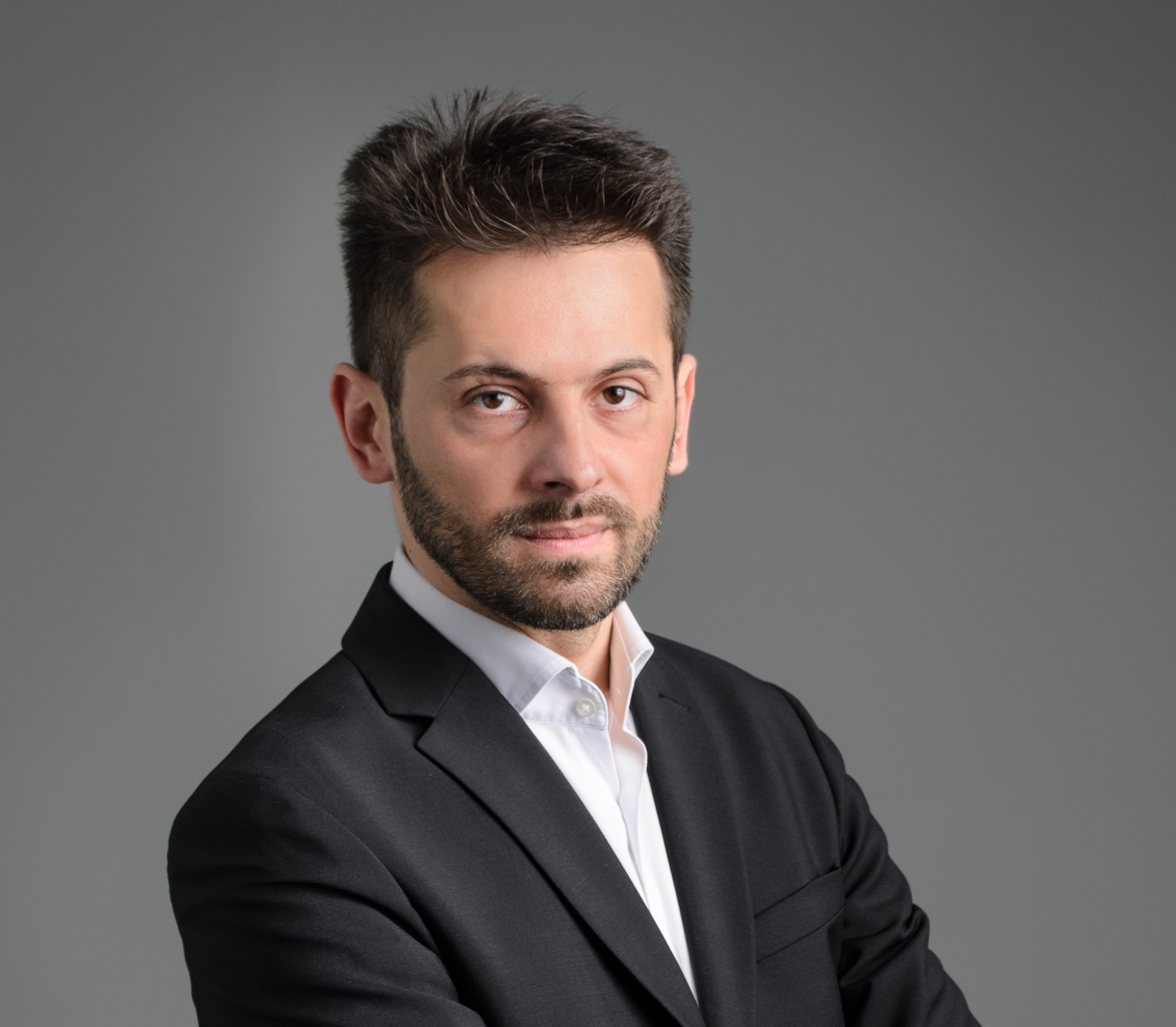Greeks and Serbs have been sharing the same destiny for centuries, especially since both our medieval states, Byzantium and the Serbian Empire, were conquered by the Turks. Many people from the two nations have been helping each other in political uprisings, like Rigas Feraio. Even today, Greece is one of Serbia’s greatest friends and has not recognized Kosovo’s independence, among other things. We are talking to the President of the Citizens’ Party of Greeks in Serbia, Vasilios Provileggios.

By Žikica Milošević
As a Greek in Serbia, how would you describe the relations between Serbs and Greeks?
For centuries, the relations between Greeks and Serbs have been constantly on a very high level. This is, in part, due to the Serbian “welcoming temperament”, as well as the Greek “Mediterranean spirit” that intertwine between us through faith. The political actions that we undertake are largely focused on cultivating and promoting exactly those relationships that are the foundation for the preservation of our friendship. We recently donated Marinos Ritsoudis’ mural to Belgrade. This is a man who refused to participate in the bombing Serbia in 1999, saying that he could not bring himself to kill his Orthodox brothers. Our goal is to draw in another million people on both sides who share the same moral values as Captain Ritsoudis!
Tell us about your family history. We know that many Greeks came to Serbia as independent merchants or with Migrations, as I mentioned in my book “Lost in the Plains”. However, they assimilated with the Serbs. Just look at the former Greek School in Novi Sad. So, how did the Proveleggios family manage to remain Greek?
The history of the Proveleggios family is extremely exciting. In the 1920s, my great-great-grandfather used his wealth to save many of my ancestors who had come from Smyrna and had managed to escape to Athens and Piraeus to avoid the catastrophe in Asia Minor. My grandfather, a Greek soldier, was captured by the Italian fascists in 1942 and taken to the Trepča camp in Kosovska Mitrovica together with 500 other Greeks. While in the camp, he found out that his entire family in Piraeus had died in the horrendous bombing by the German fascists so he decided to stay in Kosovo, Serbia. Like many Hellenic patriots, my grandfather insisted that we kept our full names, and as a third generation of Greeks in Serbia, I carry the Greek name. The former Greek School in Novi Sad testifies about the friendship, love and coexistence of our two nations throughout the territory of today’s Serbia. The school was founded by the Greeks living in Novi Sad in the second half of the 18th century. Another testament to the deep trust between our two nations is exemplified in the 1848 Uprising when the Serbs from Novi Sad gathered at the Greek House and made the historic decision to start the uprising.
We should also mention an interesting experiment that was Bulkes (today’s Maglić). How much have the Greeks managed to heal the wounds from the civil war and military junta? People in Serbia, Croatia, and Ukraine all have the same stories about two opposing groups in the history.
The Bulkes experiment shows us the two dimensions of the relationship. In political terms, the struggle at the time between communism and capitalism deeply scarred the Greek people, and the biggest price was paid by ordinary people who, manipulated by ideological stories, turned against their brothers. The second dimension is human and friendly, namely, the Greeks who came to Serbia were given an unheard degree of autonomy, like no other national minority in Serbia, which they upheld here until the end of the conflict. A large number of them remained to live in Serbia while the rest returned. Time best heals wounds, as does educating people about the nonsense that are wars and killing.
Your party represents the Greek minority in Serbia. What is your operational concept?
The Citizens’ Party of Greeks in Serbia is a natural progression in bolstering the organization of the Greek community in Serbia after several associations were founded in late 18th century and re-established in the modern day and age. There is also the Greek Minority National Council founded in 2004. We are trying, through various projects that are immediately applicable, to connect our two nations even more, and we are putting an emphasis on an individual. We also strive to transfer all high quality ideas that a civil society can offer, that cannot find a cooperator among available political options. In the previous elections in Belgrade, we successfully delegated and launched the topic of blockchain technology, which is already used in the world today. We have all the prerequisites to start using this technology on time and be at the forefront of it. Our professional and educated people deserve to be promoted and are entitled to state help at the level that is devoid of demagogic dimension.

GREEK CULTURE IN SERBIA
What are you planning on doing in the party to promote the Greek language and culture in Serbia, regardless of politics and national minority protection?
One of the basic segments of our party is more the preservation of the Greek language and culture among our members than its promotion. In this regard, we are planning to launch free Greek language courses where we are going to provide communication with the native Greek speakers while processing the language to improve the level of understanding between our two countries. This is why we think that we are tearing down the language barrier which obviously exists because of the essential differences between our languages. We are loyal citizens of this country and stand firmly with the people we live and identify with. We do not view assimilation as a problem, but as a natural evolutionary process of the people living in one territory. We have even renamed it into ‘acculturation’.
